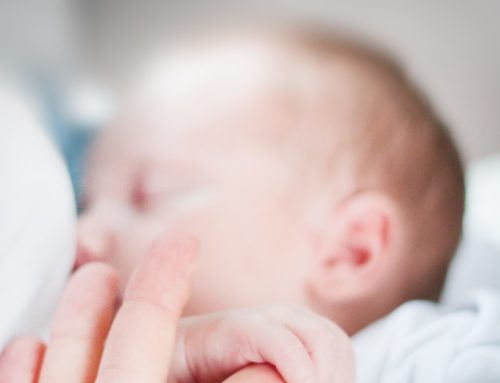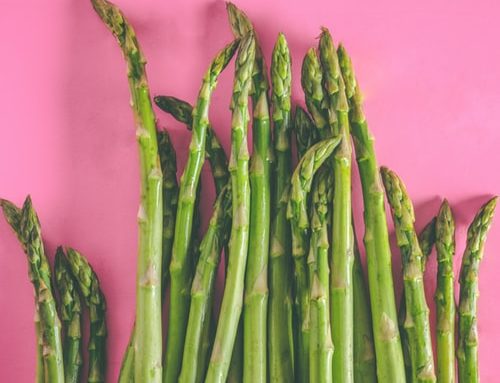So your bundle of joy has arrived, and you are busy taking care of your new born. You may still be adjusting (or have already adjusted) to an “unpredictable” schedule around the baby. Many times, mother of a new born may find it challenging, even with help at hand, to find time for personal health and hygiene.
When you are tending to a new born, especially if you are breastfeeding your baby, it is vital to eat a balanced diet, rest well and exercise. Also if you are breastfeeding your infant, you need to give extra attention to hygiene and care of your breasts.
Why is it essential to care for your breasts when breastfeeding
When you are lactating, your breasts are always in action (milk production happens continuously). In the initial weeks after birth, you may be feeding your baby around 8-12 times a day, thus exhausting your nipples :-|! If the feeding position is not optimal or baby cannot latch well, it can cause sore or cracked nipples. Also till supply gets established, some mothers have milk leaking from their breasts or engorged breasts or both.
It is crucial to spend some time to take proper care of your breasts (as well as prevent the nipple pores from clogging); otherwise, it can lead to one or more of the following:
- Milk blisters: whitish skin overgrowth over opening of milk duct (blocking the duct) in the nipple/areola region
- Plugged duct: A milk duct blocked at its opening in nipple/areola or anywhere along the duct in the breast area, backing up milk and may cause lumps, tenderness, swelling or redness
- Mastitis: Inflammation of breast due to obstruction in milk supply or infection, symptoms similar to plugged duct but severe, many times also accompanied with flu-like symptoms
- Infection or bleeding in sore or cracked nipples
Milk blisters, plugged ducts, sore or cracked nipple are often painful, especially before or during breastfeeding. Some of these conditions can affect milk supply and may also require medical intervention!
(You can read more about milk blisters, or plugged duct/mastitis here and here respectively).
How to take care of your breasts when breastfeeding
Please consult your OB/GYN who can guide you about taking care of breasts while nursing as well as preventive measures to avoid plugged duct/mastitis or other possible infections.
Following are few of the commonly recommended steps to look after your breasts when breastfeeding:
- Wear a well-fitted nursing/regular bra
- Avoid wearing under wire bra or tight clothes
- Empty breast after each feed
- Apply breast milk to nipples after each nursing session and let them air dry
- Clean your breasts with warm water at least once a day
- In case of leaky breasts use breast pads (disposable/reusable ones)
- If baby cannot latch on engorged breasts, express little quantity of milk before nursing
- To relieve engorged breasts shower with warm water and before nursing use hot compress and gently massage the breasts
- Use nipple cream/coconut oil after bath or between feeds if nipples are dry
- If you have sore/cracked nipples consult a professional to check baby’s latch
Due to any reason if your baby is not able to sufficiently empty your breasts in a feeding session, empty it by expressing (by hand or pump). A lot of mothers follow ‘nurse from one breast per session’ to ensure each breast is emptied better after a feed. Regularly emptying your breasts is one of the easiest preventive measures to avoid plugged duct/mastitis.
If you have leaky breasts, clean your breasts (as well as abdominal area) often with warm water and avoid using soap (soap can dry your breasts/nipple area). Use disposable/reusable breast pads as often as required (it is easy to use a pad with any bra, just insert the breast pad between your breast and bra, it stay well).
If you have engorged breasts or nipple temporarily appears inwards due to engorgement, the baby may find it difficult to latch. Express a little quantity of milk before nursing to reduce engorgement and help baby latch better. Feed baby directly from breasts as much as possible, especially to relieve engorgement. If you skip a feed, try to express milk to empty breasts. Let baby nurse for as long as required, try not to rush through the feeding session to avoid improper emptying of breasts.
To prevent nipples from getting dry/chapped, apply coconut oil (or any nipple cream recommended by your OB/GYN) after a bath and in between feeds if required! Some people recommend using ghee to reduce dryness of nipple area.
If your baby cannot latch well or your nipples become sore/cracked and pain while nursing, consult your paediatrician/lactation consultant. They can help with a feeding position best suited for you and your baby.
When to seek medical attention
If you experience redness, tenderness, swelling or lumps in the breast area, pain in breast especially before or while feeding, discomfort in breast accompanied with flu like symptoms of fever, chills, etc. and these symptoms continue beyond 24 hours, consult your OB/GYN immediately. These symptoms may be due to plugged duct or mastitis. It is essential to treat plugged duct/mastitis aggressively. Even sore/cracked nipple or milk blisters should not be ignored and treated immediately to prevent a possibility of infection.





We absolutely love your blog and find the majority of your post’s to be precisely what I’m looking for. Would you offer guest writers to write content in your case? I wouldn’t mind creating a post or elaborating on some of the subjects you write related to here. Again, awesome web log!
Hi, can we take this over email?